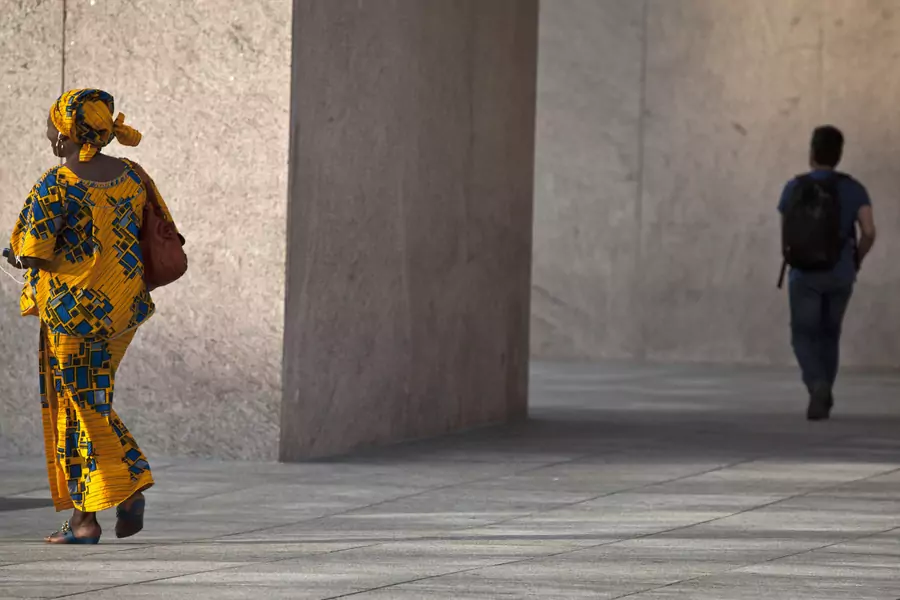Africans Should Fight for DACA, Too

Tareian King is a former intern with CFR's Africa Program and a student at the Elisabeth Haub School of Law at Pace University. She is also the founder of Nolafrique, an e-commerce platform that enables artisans in African villages to have global exposure and opportunities for scale up.
The Deferred Action for Childhood Arrivals program (DACA) is making the news again as the Trump administration continues its efforts to diminish the program. DACA protects eligible immigrant youth who came to the United States when they were children from deportation and allows them to apply for jobs. Recipients of the DACA program are often referred to as “Dreamers.” Since 2017, there has been an ongoing legal battle to save the program, which shields approximately 700,000 immigrants in the United States. While the media has readily portrayed DACA as a policy for Latinx, it is also relevant for Africans.
More on:
The last report by the United States Citizenship and Immigration Services on DACA recipients revealed that in 2017, 1,020 Nigerians, 490 Ghanaians, and 700 Kenyans reaped the benefits of the DACA program. On average, African immigrants make up only 1% of DACA recipients. While the number is small compared to, for example, 79.4% of Mexican recipients, for those Africans involved, the continuation of the DACA program is just as important for them as it is for Mexicans.
Africa has the fastest growth rate of migration to the United States; it is more than double the rate of migration from Asia, South America, or the Caribbean. As of 2018, there were more than two million immigrants from sub-Saharan Africa residing in the United States and this number will continue to increase. From 2010 to 2018, the number of African migrants in the United States increased at a rate of almost 50%, higher than in previous decades. While Nigeria, Ethiopia, and Ghana have the highest number of immigrants in the U.S., Nigeria being the highest, it is Cameroon that provides the perfect example of why Africans may want to fight for DACA. Cameroon has the fastest growing population in the United States. In 2018, the number of Cameroonian immigrants in the U.S. doubled to 80,000 since 2010. Despite being the fastest-growing population in the U.S. in recent years, only 130 (0.0%) Cameroonians were DACA recipients in 2017. As more Cameroonians migrate to America, there will most certainly be an increase in the number of children who migrate with them.
Africans’ interest in the fight for DACA is not as much about the present, as it is about the future. The point is not that there are only 130 Cameroonians who have received DACA, but rather, for example, that there are growing numbers of Cameroonians legally in the United States who may overstay their visas. Their children might be eligible in the future for DACA. If the DACA program is no longer available to such African youth, they may be forced to navigate America’s daunting immigration system. This may include deportation, difficulty in registering for higher education, and lack of work authorization.
More on:
 Online Store
Online Store